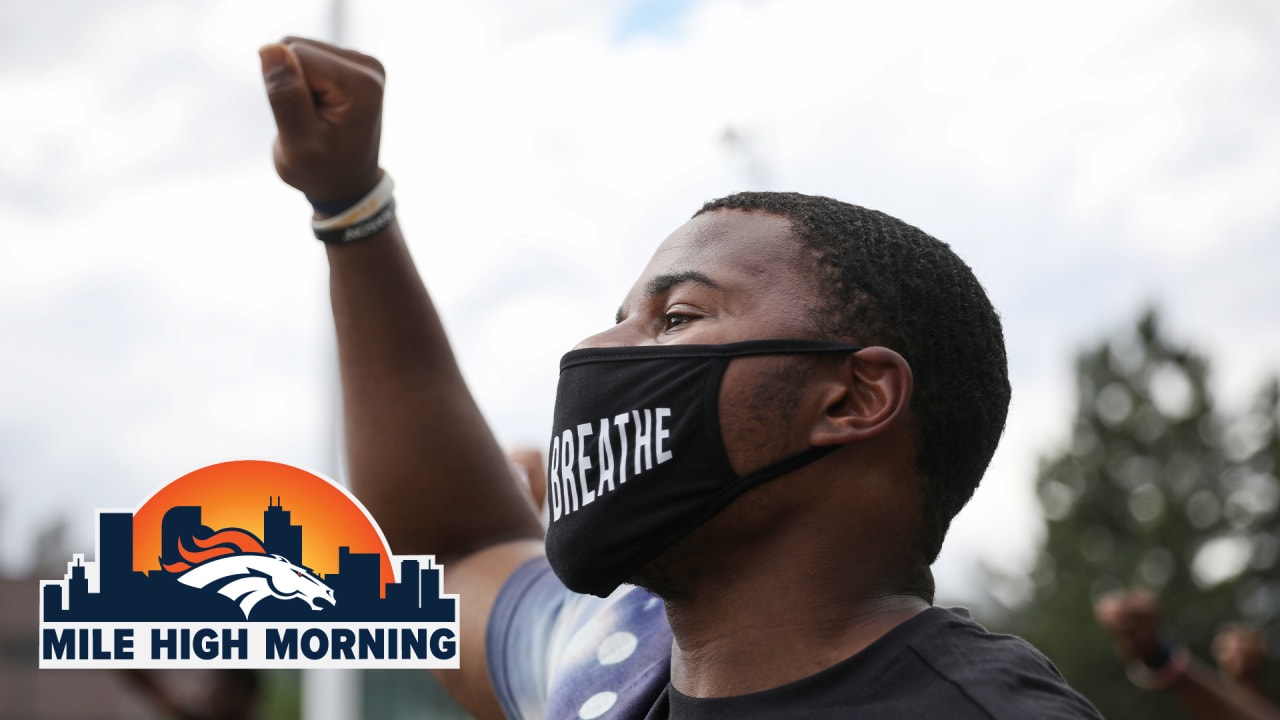Miles
Well-known member
- Mar 18, 2019
- 2,455
- 0

The Lead
Malik Reed is clear: Dothan, Alabama is a city, not a town. Given that it's not be a well-known municipality outside of Alabama, maybe that's why he felt he had to explain.
But whether people know of it or not, it's what made him who he is, Reed says in a new podcast titled "Real Sports Heroes" that focuses on professional sports figures' lives as Black Americans.
"A lot of things I've learned from living there, growing up there throughout the years, is that I feel like it's a real blue-collar type of city," Reed said. "There's a lot of grit and grind, you know, coming from there."
One thing, though, that he also got from his childhood in Dothan was an unease around police. Like most Black children, Reed received "the talk" — a conversation that parents feel duty-bound to have with their kids to warn them about the dangers they may unduly face because of the color of their skin, especially when it comes to interactions with the police.
"That's what was taught to me, because around there, it kind of like instills a fear in you, because you can never know what could happen in any situation or when things get heated," Reed said. "… Whenever you have any altercation with a police officer, and never really knowing that it was something different, that people can have different interactions with the police, it didn't always have to be that way. Just realizing where I'm from and where I grew up at, this is what people are being taught. This is what people have to deal with and have to go through. And I'm realizing even now a police officer can get behind me or I see some flashing lights, like, dang, my heart drops. I'm like, Dang, and they're behind me? And it's crazy. You're young. You're a kid. You're learning this and you're going through this and you're like, Dang. It travels into your adulthood and creates something that you would never otherwise think that could happen."
In his adulthood, Reed has embraced the cause of pushing against police brutality and the racist forces that cause him and other Black men and women to feel fear during their daily lives or feel lesser because of their race. After participating in a march for racial justice in downtown Denver in June of 2020, Reed has continued to be active in the team's community events and social justice initiatives.
"Stand up for what you believe in," Reed said. "… Everyone at a certain point has to take a step back evaluate like … If I don't say anything, it's basically like it's part of the problem. That's part of the problem, and if you don't want to be part of the solution, then you're feeding into how things are being and feeding into the status quo. It's hard to create change when you're doing things like that. So that's something that I definitely learned over this process and learned this year, to stand out."
